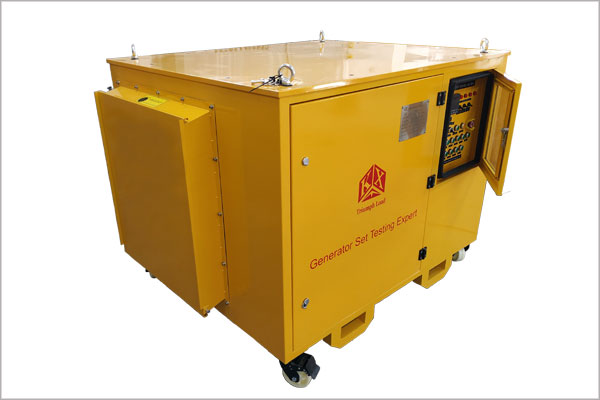What are the consequences of the low load transport of the g
Engines in diesel generators are designed to operate under different loads according to unique requirements. Loads can range from maximum to minimum loads. Industrial diesel generators are expected to run at least 60% load to ensure they are operating at peak efficiency.

500kW load bank
So what are the adverse consequences if the generator runs at low load?
There are three main adverse consequences of generator low-load operation:
1. Generator efficiency is low
High cylinder pressure is an integral part of the normal operation of the generator engine. When the generator is running at low load, the cylinder pressure can drop drastically and cause poor combustion, which basically means that the machine is much less efficient.
2. Generators have higher emissions
Generators operating at low loads are more susceptible to temperature damage. The engine will cool down to a cooler temperature than usual and run at a temperature that is not high enough to generate proper power. This causes the fuel to burn, and the burned fuel produces more exhaust, which is very dangerous in terms of hydrocarbon emissions.
3. High fuel consumption of generator
Generator underload can also have a negative impact on the fuel delivery system. The oil won't work at the right temperature or the performance the manufacturer designed it to, which means it will burn faster than it should, with higher fuel consumption.
